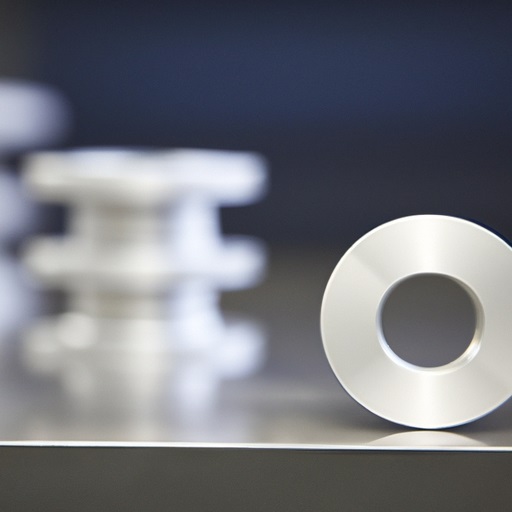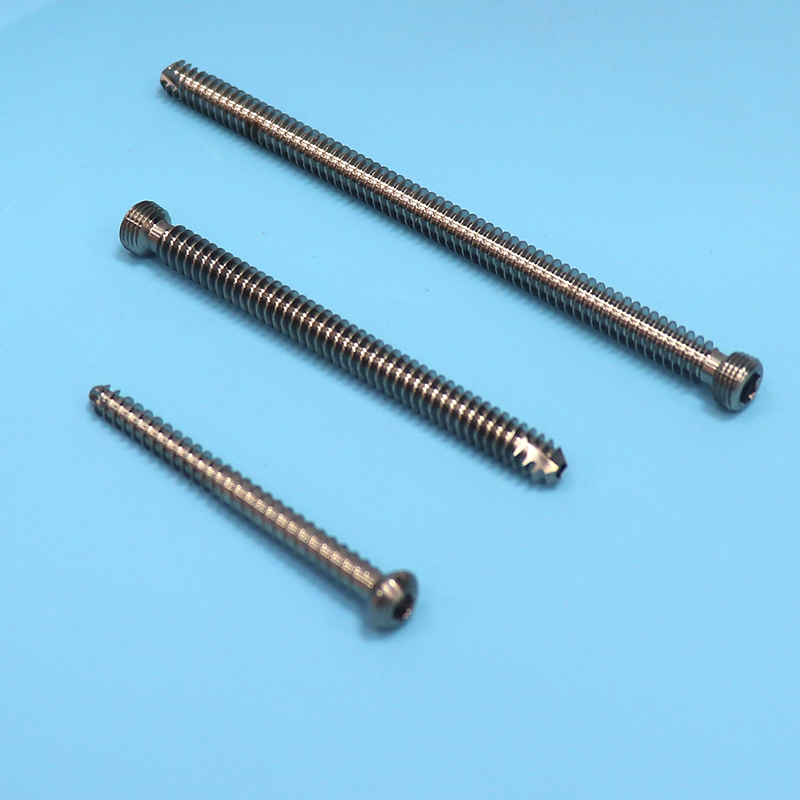Ruixing MFG - Custom CNC Machined Parts Manufacturer & Supplier For 20 Years
Medical machining parts
In the modern medical field, precision and reliable medical devices are crucial for ensuring the health and safety of patients. CNC medical machining parts, as a key component of these medical devices, play an indispensable role.
Precision Engineering in Medical CNC Machining: Crafting Excellence in CNC Medical Parts
1. CNC Precision:
- CNC machining offers unmatched precision in crafting CNC medical parts, utilizing automated tools guided by computer programs to achieve exceptional accuracy and repeatability.
2. Grinding for Medical Finesse:
- Precision grinding plays a vital role in the medical industry, ensuring tight tolerances and impeccable surface finishes for critical medical components, such as implants and surgical instruments.
3. EDM Machining in Medical Applications:
- Electrical Discharge Machining (EDM) is utilized to create intricate features and contours in medical parts with exceptional precision, making it ideal for crafting complex surgical tools and orthopedic implants.
4. Additive Manufacturing for Medical Prototyping:
- Additive manufacturing, including technologies like 3D printing, enables the rapid prototyping of medical components with intricate geometries, allowing for innovative designs in areas such as patient-specific implants and surgical guides.
5. Assembly and Finishing for Medical Devices:
- Beyond machining, meticulous assembly and finishing processes ensure the seamless integration of CNC medical parts into medical devices, adhering to stringent quality standards and regulatory requirements.

Examples of CNC Machined Medical Parts:
1. Orthopedic Implants:
- CNC-machined orthopedic implants, including hip and knee replacements, are meticulously crafted to exact specifications, offering patients enhanced mobility and improved quality of life.
2. Surgical Instruments:
- Precision-machined surgical instruments, such as scalpels, forceps, and retractors, ensure surgical precision and efficiency, facilitating delicate procedures with optimal outcomes.
3. Medical Device Housings:
- CNC-machined housings for medical devices, such as ultrasound machines and infusion pumps, provide robust enclosures that protect delicate internal components while maintaining sleek and ergonomic designs.
4. Dental Prosthetics:
- CNC-machined dental prosthetics, including crowns, bridges, and dentures, are custom-crafted to restore dental function and aesthetics with exceptional precision and accuracy.
5. Diagnostic Equipment Components:
- CNC medical parts for diagnostic equipment, such as MRI machines and CT scanners, ensure the precise movement and alignment of critical parts, contributing to accurate medical imaging and diagnosis.

Common Materials for CNC Machined Medical Parts:
Medical CNC machining parts can be crafted from a variety of materials, each chosen for its specific properties and compatibility with medical applications. Common materials include:
1. Stainless Steel Alloys:
- Known for their corrosion resistance and biocompatibility, stainless steel alloys are commonly used in medical implants, surgical instruments, and medical device components.
2. Titanium Alloys:
- Titanium alloys offer excellent strength-to-weight ratios and biocompatibility, making them ideal for orthopedic implants, dental implants, and surgical instruments.
3. Medical-Grade Plastics:
- Medical-grade plastics, such as PEEK (Polyether Ether Ketone) and PEI (Polyetherimide), are utilized in medical device housings, surgical instruments, and implantable components due to their lightweight nature and biocompatibility.
4. Cobalt-Chromium Alloys:
- Cobalt-chromium alloys exhibit high strength and corrosion resistance, making them suitable for orthopedic implants, dental prosthetics, and cardiovascular devices.
5. Ceramics:
- Bioinert ceramic materials, like zirconia and alumina, are used in dental implants, orthopedic implants, and surgical instruments due to their biocompatibility and wear resistance.










